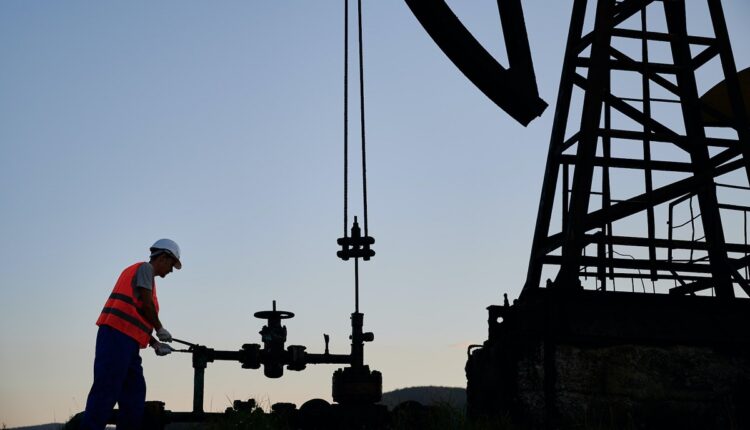Texas oil dropped almost 11% in value during 2023, marking its first negative year since 2020, when the COVID-19 pandemic erupted. This decline is attributed to volatile factors and, above all, to doubts about the capacity of demand to absorb unbridled production.
The closing of Friday’s day put the price at $71.65, without reaching the $100 mark predicted by some analysts. Despite having reached a peak of $95 at the end of September due to fears of limited supply due to production cuts in Saudi Arabia and Russia.
The United States led production with about 13 million barrels a day last week, being the main driver of production growth in non-OPEC countries. This marks a significant shift in the share of supply, previously dominated by the Middle East.
In November, OPEC pledged to reduce oil production by 2.2 million barrels per day in the first quarter of 2024. However, some analysts express doubts about the effectiveness of this policy in balancing the market.
The International Energy Agency (IEA) forecasts significant growth in oil supply in 2024, especially in the United States, against a significant drop in demand. This imbalance is expected to have an impact on the oil market.
Geopolitical factors, such as Hamas’ attacks on Israel in October, influenced oil prices. Although there was a brief increase, Texas experienced a 21% drop in the last quarter of the year, parallel to the ongoing Israeli offensive against the Palestinian territories.
Investors are starting to focus on the risk of oversupply in oil markets for next year, along with insufficient demand, according to analyst Marios Hadjikyriacos of the firm XM.
The Federal Reserve’s measures to control inflation, which is approaching the 2% target in the US, have also influenced the value of the dollar and thus the oil market. Analysts anticipate changes in the coming weeks, with the possibility that tax cuts will boost the global economy and, by extension, oil demand, as Craig Erlam of Oanda noted in a recent note.
K. Tovar
Source: Bancaynegocios
(Reference image source: Unsplash+)
Visit our news channel on Google News and follow us to get accurate, interesting information and stay up to date with everything. You can also see our daily content on Twitter and Instagram


